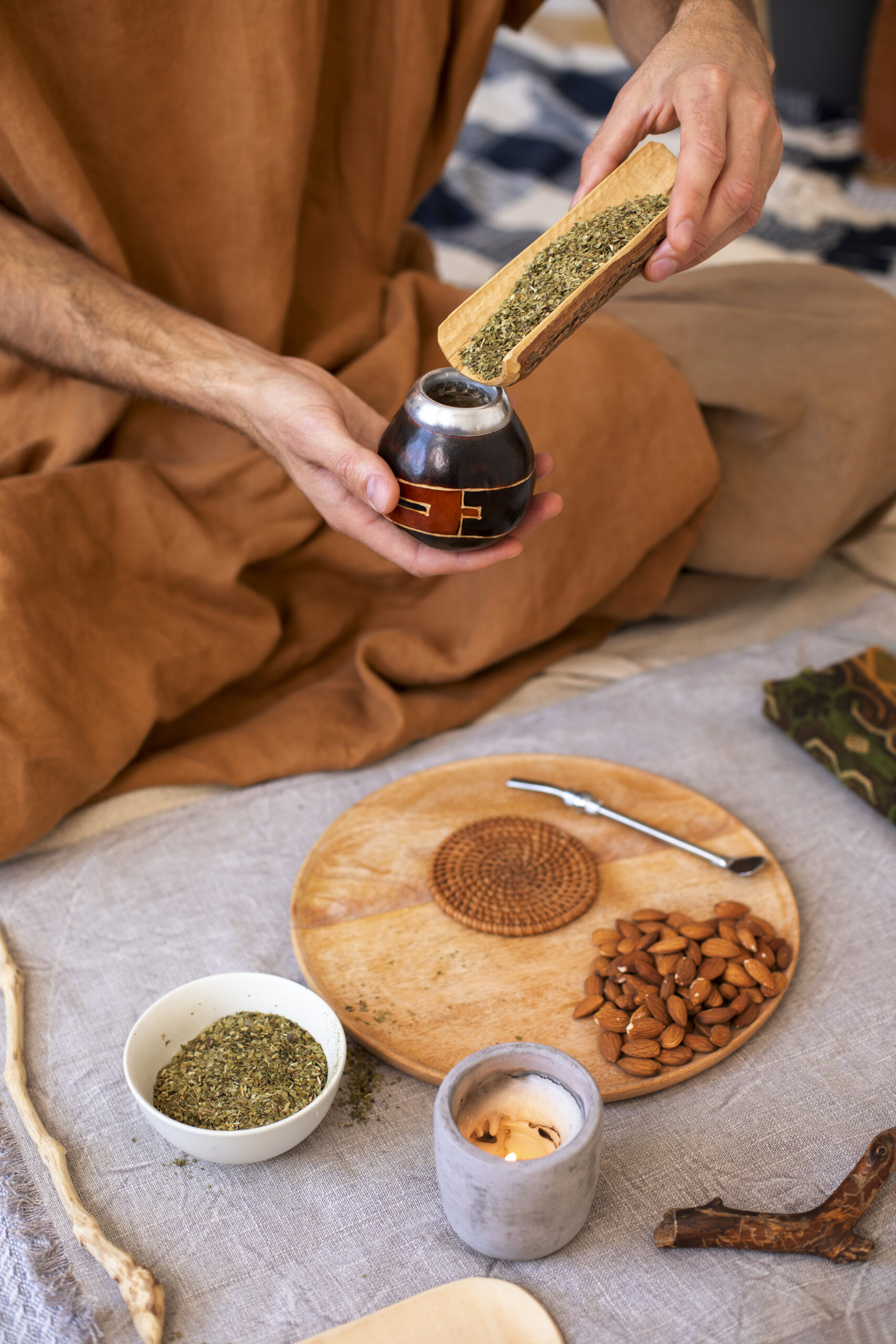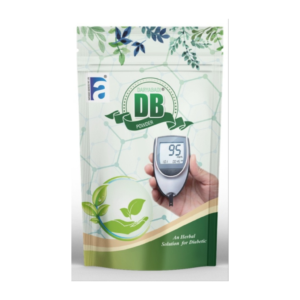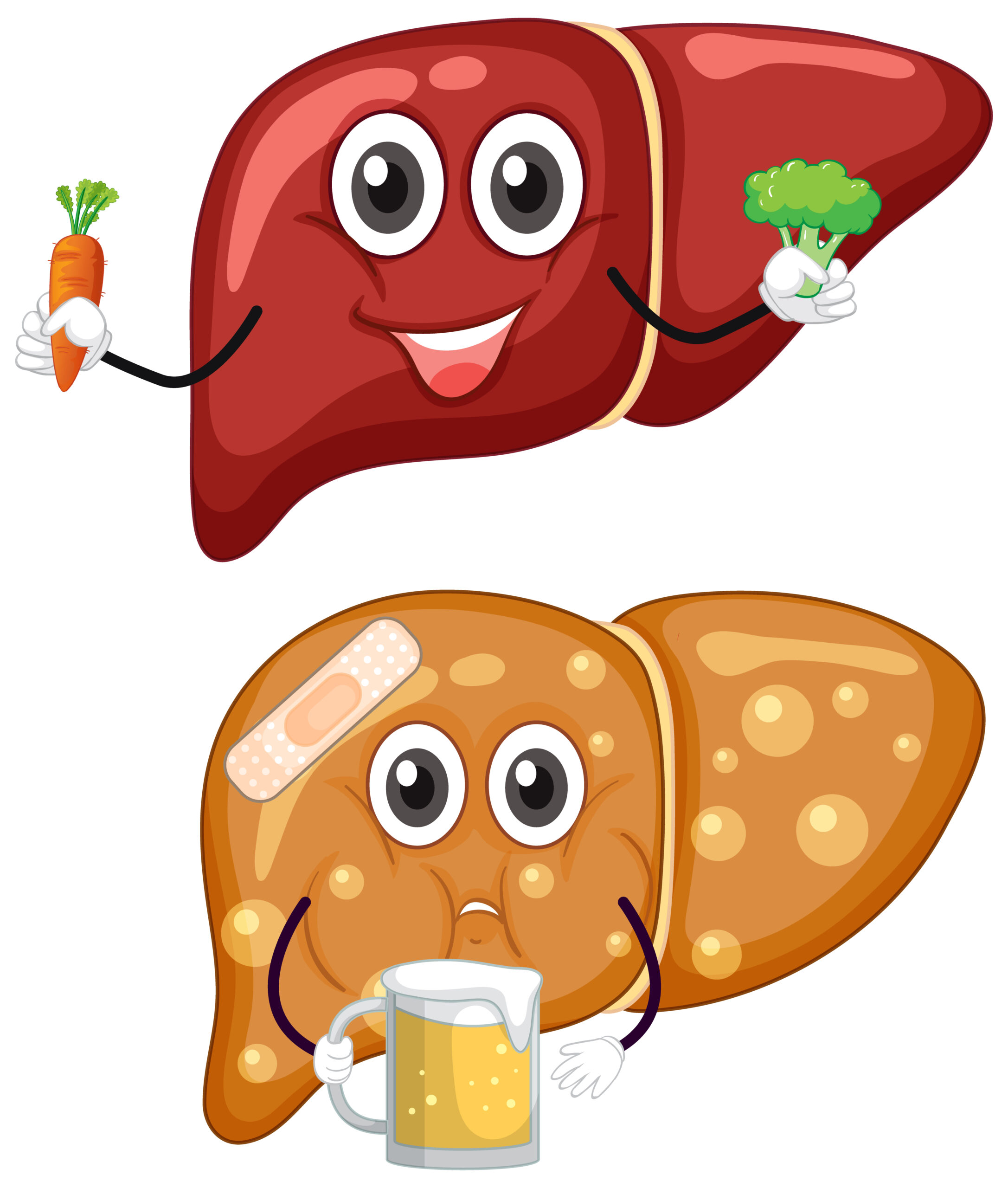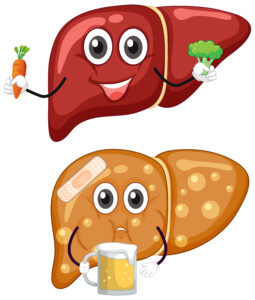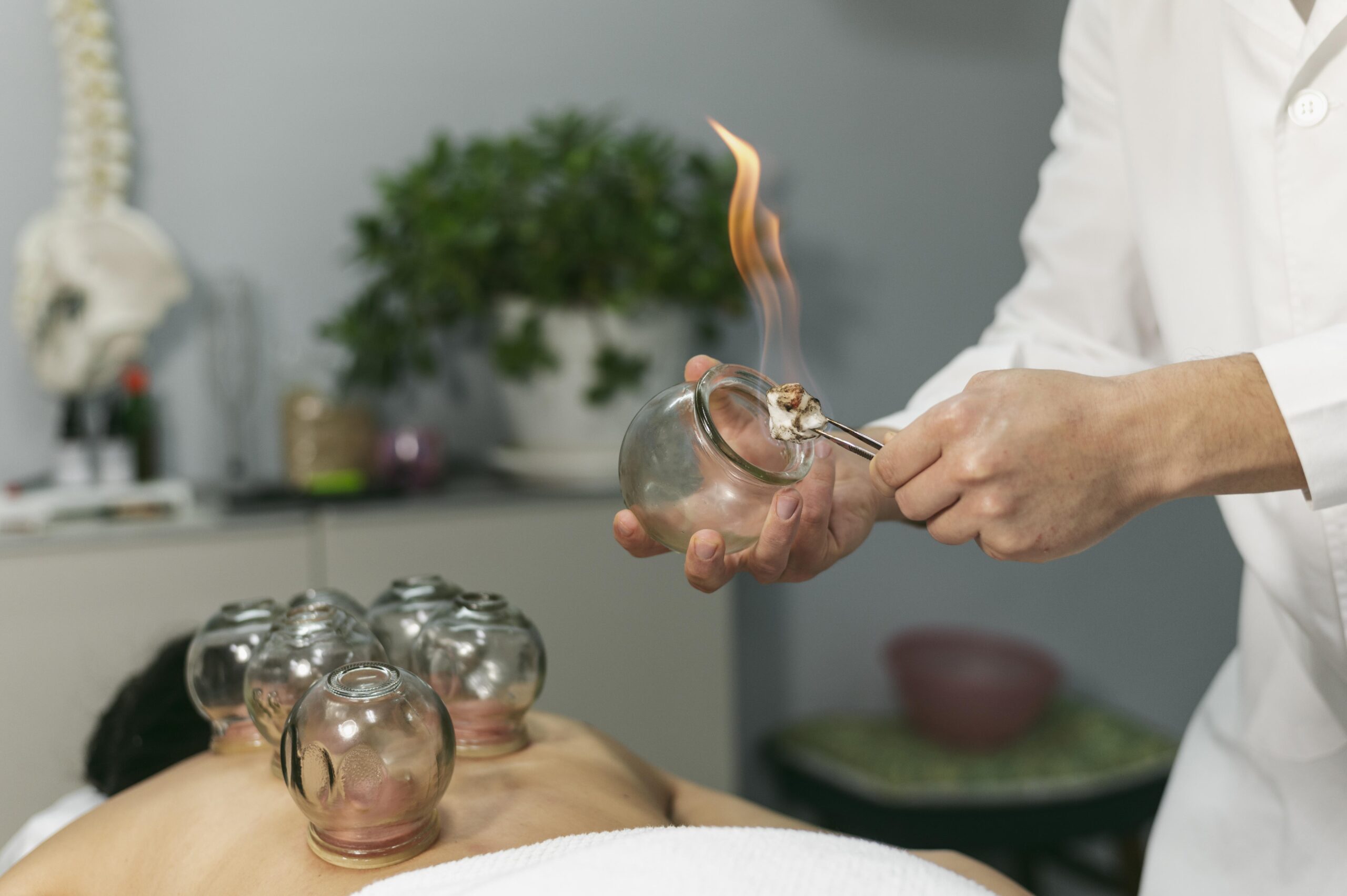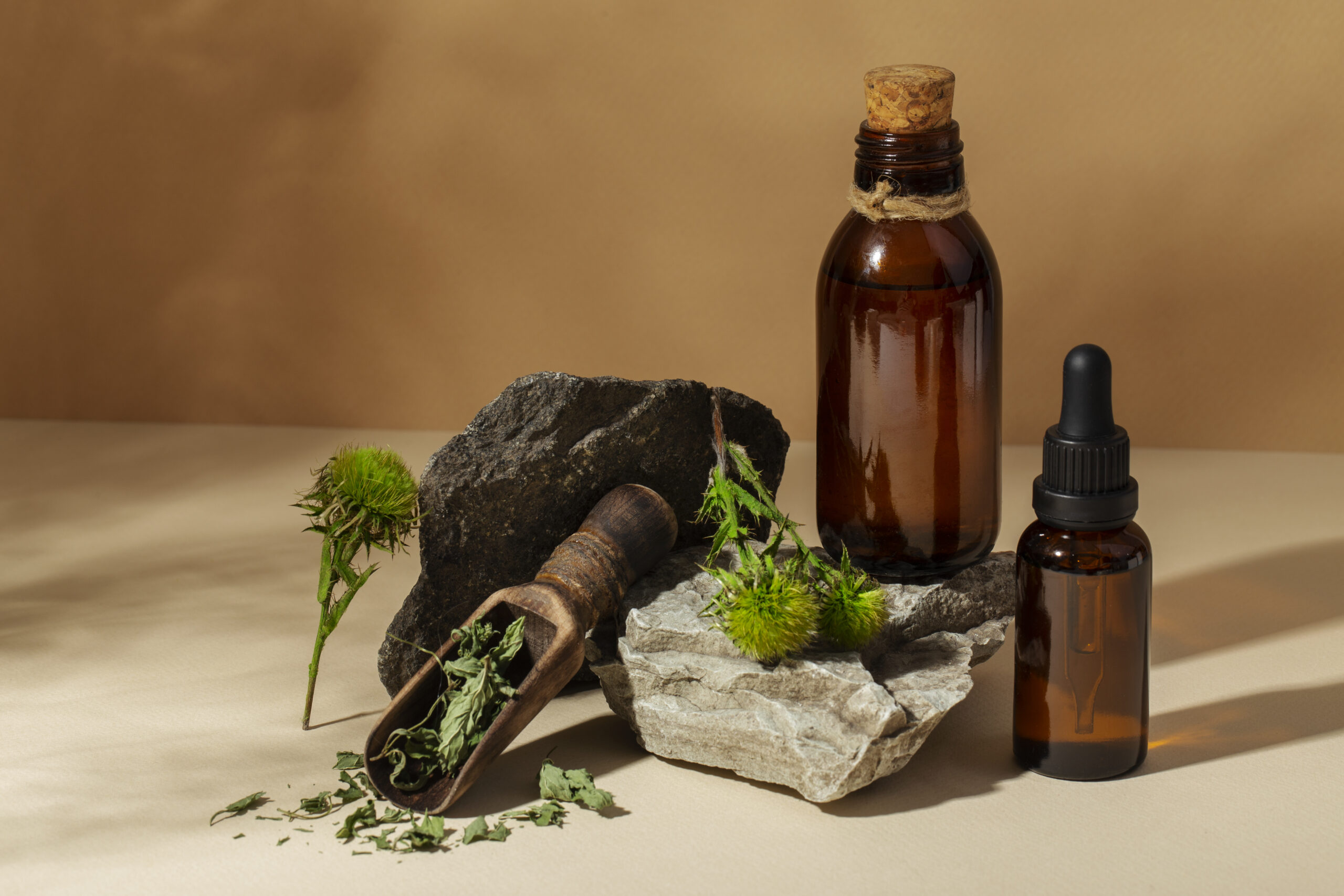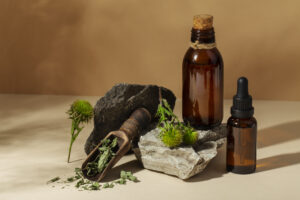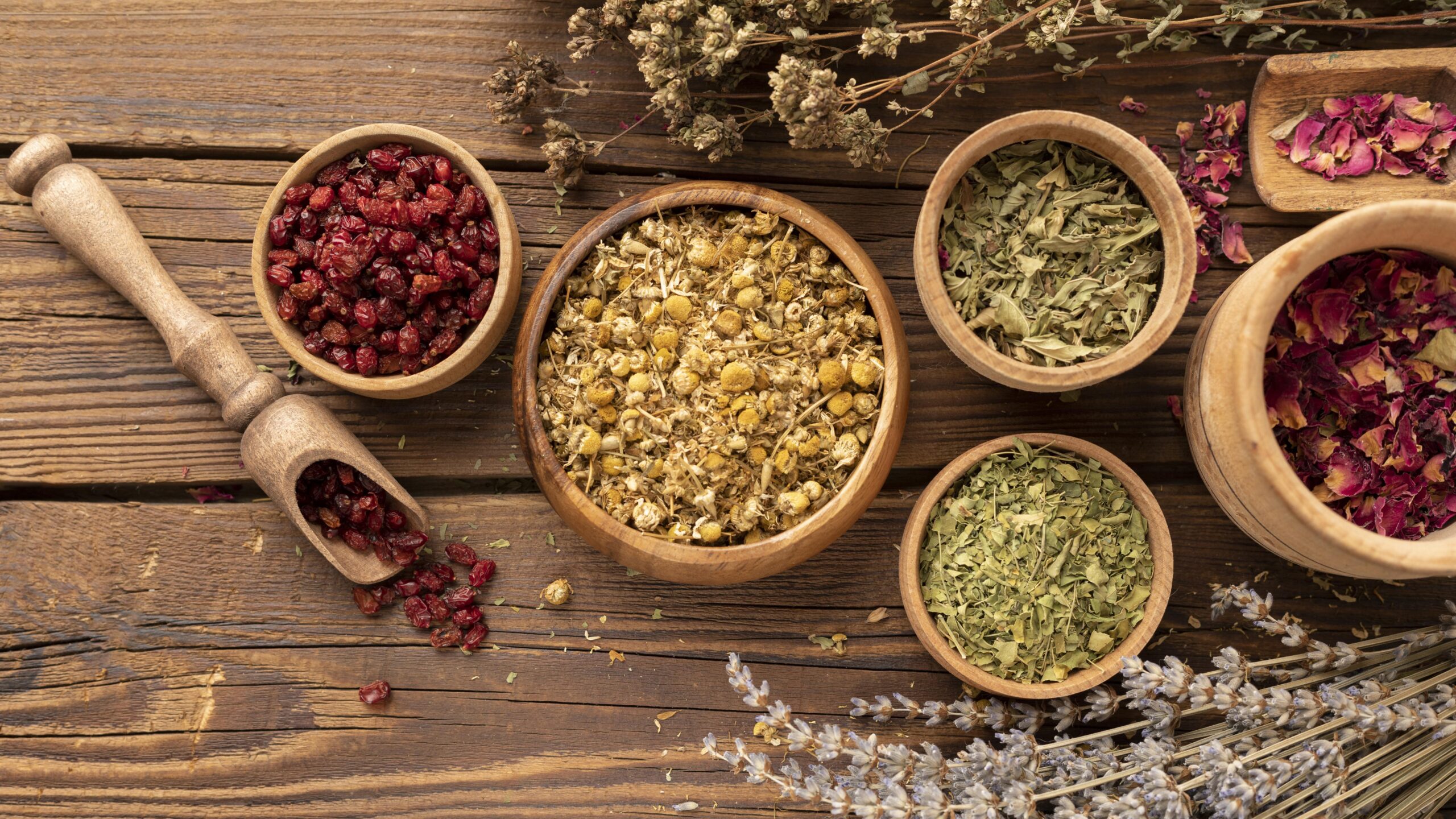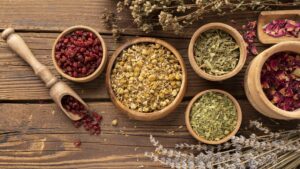The Importance of Herbal Doctor Consultation: Nurturing Health Naturally
Introduction:
In a world where modern medicine dominates the healthcare landscape, the wisdom of traditional healing practices often takes a back seat. However, as more individuals seek natural alternatives and holistic approaches to wellness, herbal medicine and Ayurveda are experiencing a resurgence in popularity. But while herbal remedies can offer potent healing benefits, navigating the world of herbs and natural therapies can be complex and overwhelming. That’s where the importance of herbal doctor consultation comes into play. In this blog post, we’ll explore why seeking guidance from a qualified herbal doctor is essential for nurturing health naturally and harnessing the power of herbal medicine safely and effectively.
DISCLAIMER: The information provided in this blog is for educational and informational purposes only and is not intended as medical advice. The content is not intended to diagnose, treat, cure, or prevent any disease. Readers are advised to consult with a qualified healthcare professional regarding their specific health concerns and before starting any herbal remedies or health regimen. While every effort has been made to ensure the accuracy and completeness of the information presented, the author and publisher assume no responsibility for any errors or omissions. The use of herbal remedies and traditional medicine should be undertaken with caution and under the guidance of a qualified healthcare practitioner, especially for individuals with pre-existing medical conditions or those taking medications. The inclusion of specific herbs or formulations in this blog does not imply endorsement or recommendation. Individual responses to herbal remedies may vary, and it is important to consider individual health needs and sensitivities. Always read product labels and instructions carefully before use. By accessing and using this blog, readers acknowledge and agree to the terms of this disclaimer and release the author and publisher from any liability arising from the use or misuse of the information provided.
Understanding Herbal Medicine and Ayurveda:
Herbal medicine, also known as botanical medicine or phytotherapy, is the practice of using plants and plant extracts to promote health and treat various ailments. This ancient healing tradition dates back thousands of years and is rooted in cultures around the world, including Ayurveda in India, Traditional Chinese Medicine (TCM) in China, and Indigenous healing practices in various regions.
Ayurveda, the traditional system of medicine from India, is particularly renowned for its holistic approach to health and well-being. Ayurvedic medicine emphasizes the balance of mind, body, and spirit and seeks to address the root cause of illness rather than just treating symptoms. Herbs play a central role in Ayurvedic healing, with thousands of plants used for their medicinal properties and therapeutic benefits.
The Importance of Herbal Doctor Consultation:
- Personalized Treatment Plans: One of the primary benefits of herbal doctor consultation is the development of personalized treatment plans tailored to individual health needs and goals. Herbal doctors, often trained in Ayurveda or traditional herbalism, take into account factors such as constitution (prakriti), dosha imbalance (vikriti), medical history, lifestyle, and dietary habits to prescribe specific herbs and therapies that address the root cause of health concerns.
- Expert Guidance: Herbal doctors possess specialized knowledge and expertise in herbal medicine, botanical pharmacology, and traditional healing modalities. They can provide invaluable guidance on selecting the right herbs, dosage, preparation methods, and treatment protocols based on scientific evidence, traditional wisdom, and clinical experience.
- Safety and Efficacy: While herbs offer natural healing benefits, they can also have potent effects on the body and interact with medications or underlying health conditions. Herbal doctors conduct thorough assessments and screenings to ensure the safe and effective use of herbs, minimizing the risk of adverse reactions or complications.
- Holistic Approach: Herbal doctor consultation embraces a holistic approach to health and wellness, addressing the interconnectedness of mind, body, and spirit. Herbal doctors not only focus on alleviating symptoms but also work to restore balance, vitality, and harmony within the individual, promoting long-term health and well-being.
- Education and Empowerment: Herbal doctor consultation provides patients with valuable education and empowerment, empowering them to take an active role in their health and healing journey. Herbal doctors educate patients about the properties of specific herbs, their therapeutic benefits, potential side effects, and lifestyle recommendations for optimal health.
- Preventive Care: Herbal medicine excels in preventive care, helping individuals maintain optimal health, prevent disease, and enhance vitality. Herbal doctors offer guidance on incorporating herbs, dietary modifications, lifestyle practices, and wellness routines to support overall well-being and resilience against illness.
- Integrative Care: Herbal doctor consultation complements conventional medical care, offering an integrative approach to health and healing. Herbal doctors collaborate with other healthcare providers to ensure coordinated and comprehensive care, combining the best of modern medicine with traditional healing modalities for optimal outcomes.
Conclusion:
Herbal doctor consultation offers a unique and invaluable opportunity for individuals seeking natural solutions to their health concerns. By partnering with a qualified herbal doctor, individuals can access personalized treatment plans, expert guidance, safety and efficacy assurance, holistic care, education and empowerment, preventive strategies, and integrative approaches to health and healing. In a world where the demand for natural remedies and holistic healthcare continues to grow, herbal doctor consultation emerges as a beacon of hope, guiding individuals on their journey towards health, vitality, and well-being, naturally.


